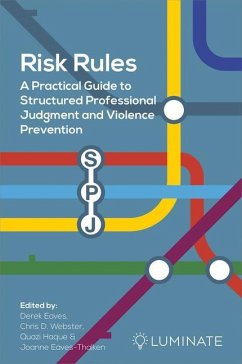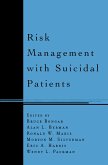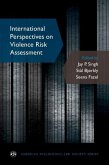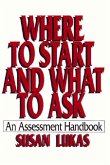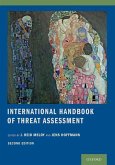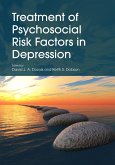Assessing risk of future violence is an issue of perennial public concern. The field of violence risk management was born in a 1977 article by psychologist Peter Duncan Scott, who combined science with experience to lay the foundation for accurate clinical judgement as to an individual's likelihood of future violence. Scott pointed to certain variables that were likely to predict future violence and others that, contrary to popular belief, were not. More than forty years on the field has blossomed, with a host of books, papers, instruments and specialist tools designed to aid clinicians in assessing children, sex offenders, prisoners, terrorists and more. Yet while academics may applaud this rapid accumulation of scholarship, real-world uptake of new ideas and information has often been less than ideal. Structured Professional Judgment of Violence Risk cuts through this complexity, offering a short, readable 'primer' that will give students, trainees and those working in the field a clear overview of the key principles and practices of contemporary violence risk assessment and management. - Offers a new best entry point for the field of violence risk assessment and management, and the perfect short primer for courses and workshops - Presents a short overview of contemporary theory and best practice, allowing novices to quickly get up to speed without losing their way in scholarly detail - Covers critical topics including decision making bias, structured professional judgement, risk mechanisms, measurement, ethics, and the impact of trauma - World-renowned contributors include Kevin Douglas, Stephen Hart, Douglas Boer, Caroline Logan, Randy Kropp, Sheila Hodgins and David Farrington
Hinweis: Dieser Artikel kann nur an eine deutsche Lieferadresse ausgeliefert werden.
Hinweis: Dieser Artikel kann nur an eine deutsche Lieferadresse ausgeliefert werden.

